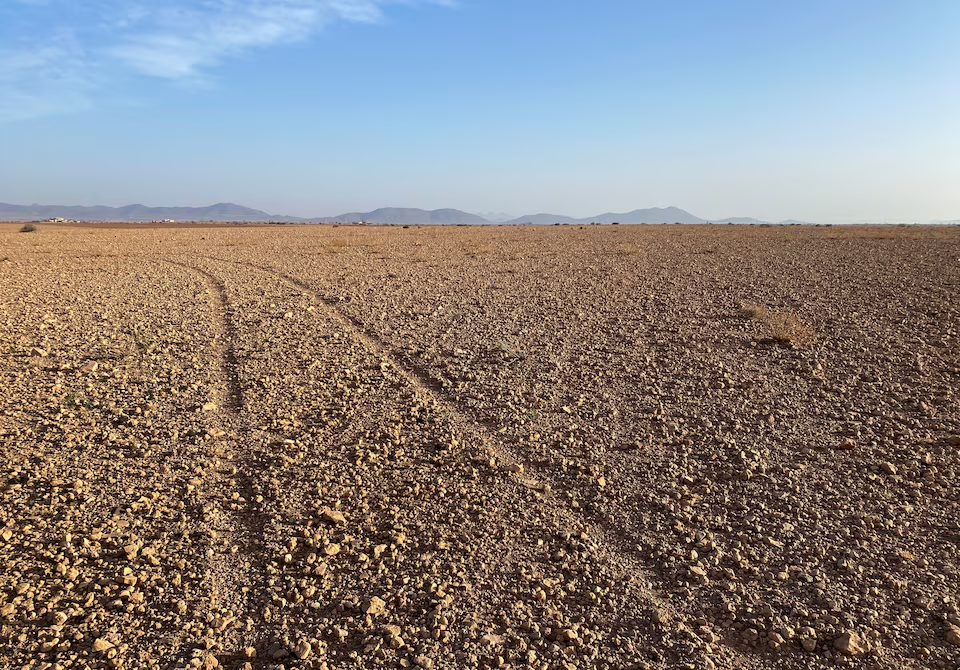Morocco is increasing investment in desalination plants, water transfer infrastructure and dam construction as part of a national strategy to combat prolonged drought and meet rising water demand in agriculture and urban centers, Water Minister Nizar Baraka said on Thursday.
Speaking at a water policy conference organized by Medias24 in Casablanca, Baraka emphasized the country’s urgent response to years of water scarcity that has depleted reservoirs, reduced livestock numbers, increased food inflation and contributed to rising unemployment.
Morocco currently operates 17 desalination plants, with four more under construction and nine more planned. The government aims to reach a total annual desalination capacity of 1.7 billion cubic meters by 2030.
While desalinated water will not be used for wheat cultivation due to the high costs and large land areas involved, Baraka said it will help free up dam water for inland agricultural regions.
Recent rainfall has provided some relief, raising dam levels to 39.2% as of June 11, compared with 31% the same period last year. However, overall rainfall remains below average and the country continues to face serious water challenges.
Agricultural expansion using groundwater and increasing exports of fresh produce to European markets have added pressure to already stressed water systems. Baraka acknowledged the disconnect between Morocco’s agricultural growth and water management policies, a gap that has been widened by climate change.
The government has imposed restrictions on water-intensive crops to address the imbalance. Melon cultivation has been banned or significantly reduced in the arid southern regions of Tata and Zagora.
A key component of the strategy is a major water transfer project connecting the water-rich northwest with Rabat and Casablanca. By 2030, this system will be expanded to supply drought-hit areas such as Doukala and Tadla. The initiative is supported by funding from the United Arab Emirates and includes the construction of a 1,400-kilometer power line to power desalination plants from the south.
“Using renewable energy will help significantly reduce water costs,” Baraka said, underscoring the government’s broader push for sustainable water management in the face of intensifying climate pressures.



